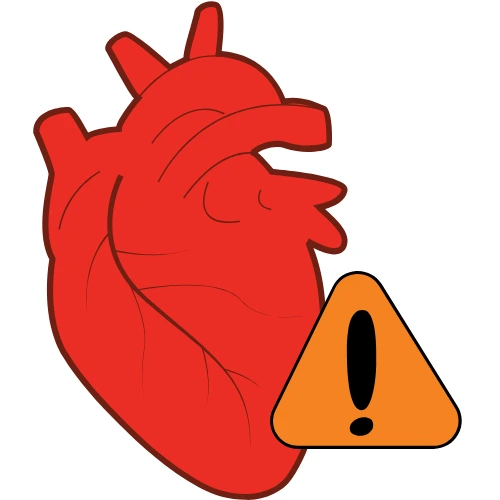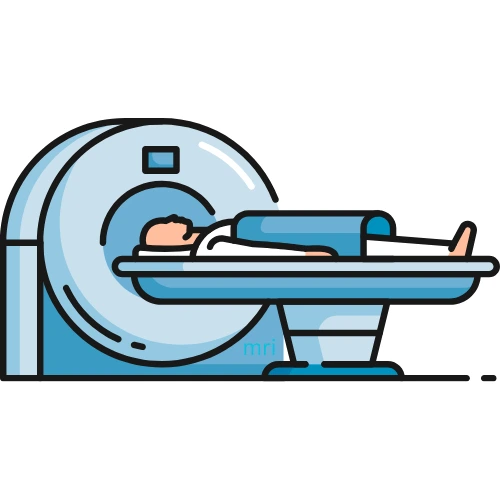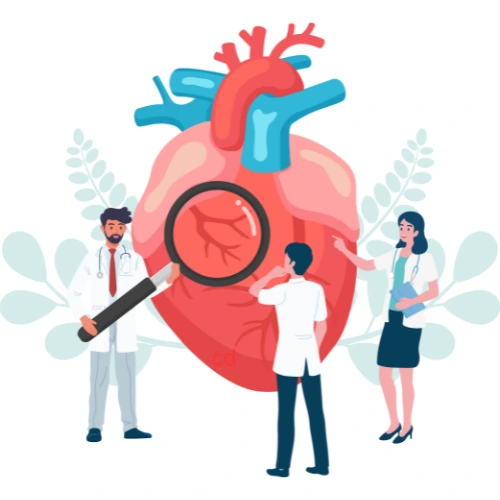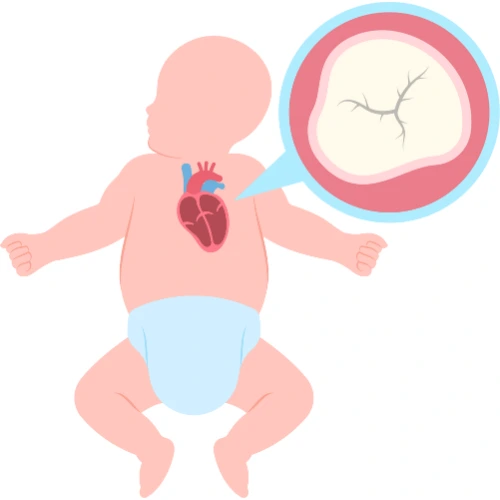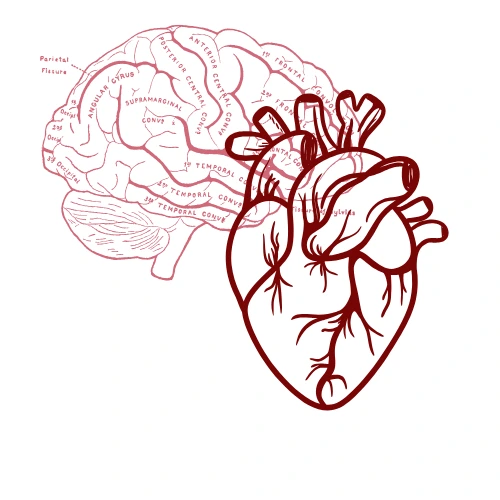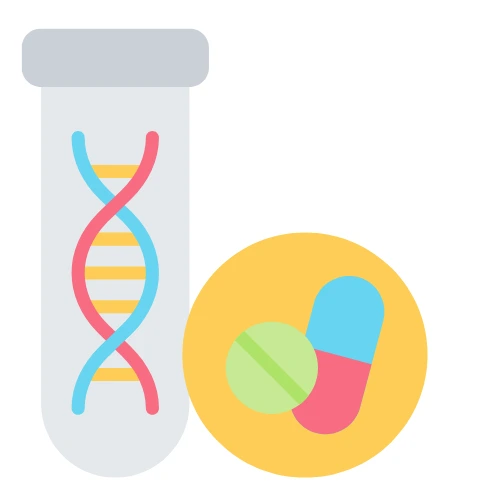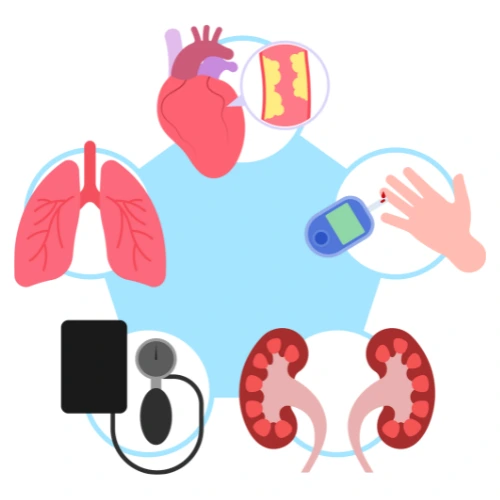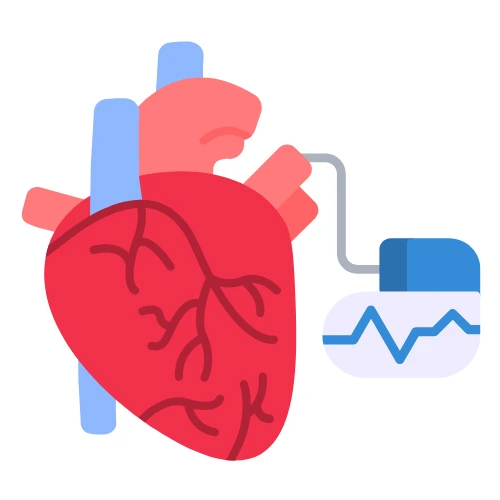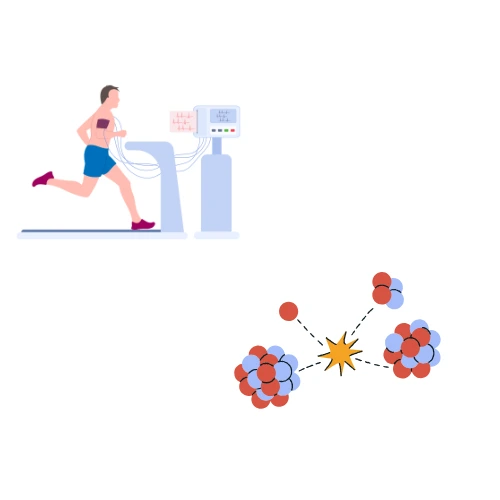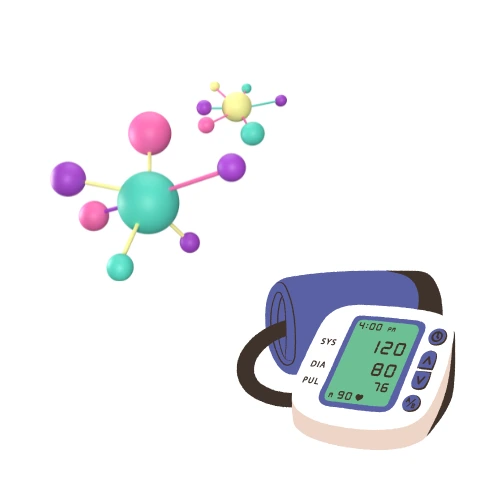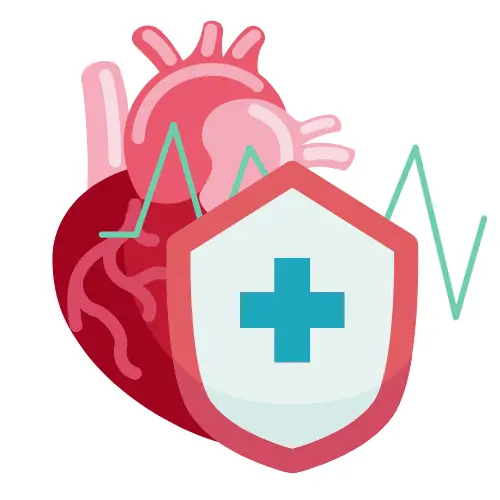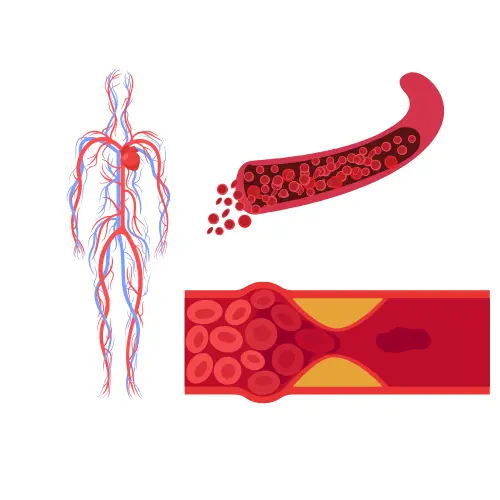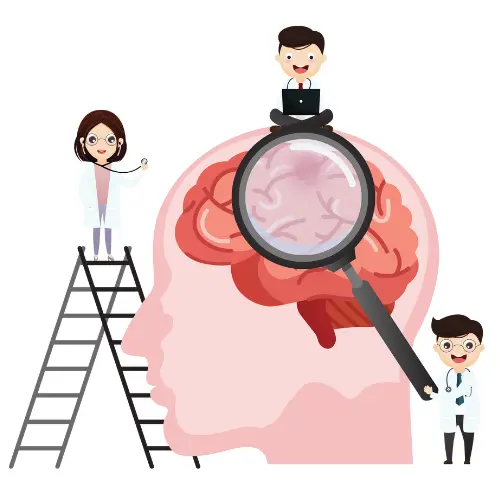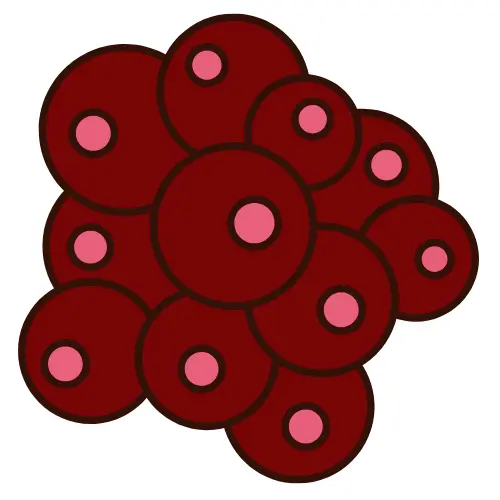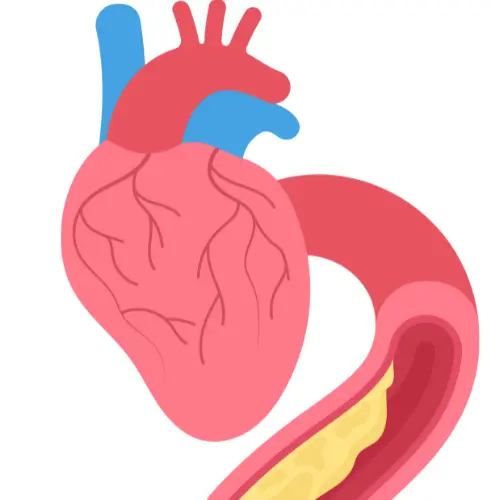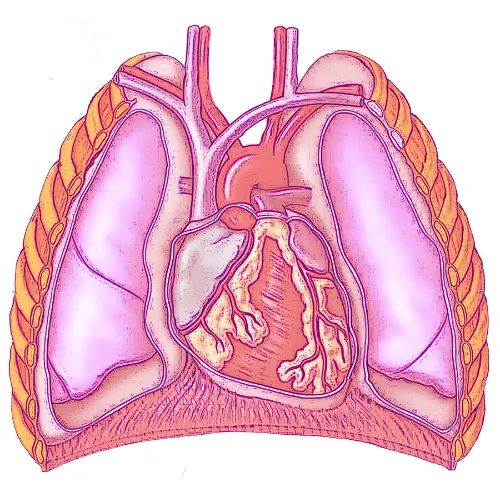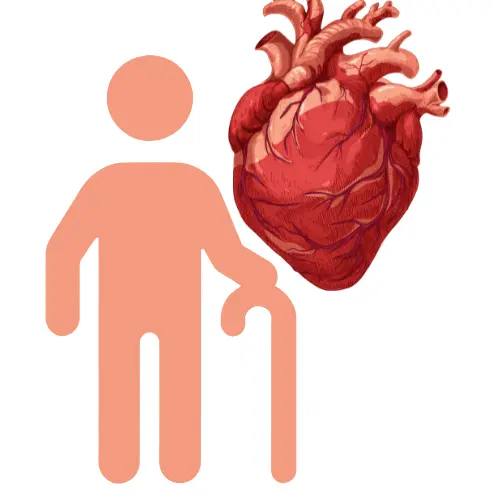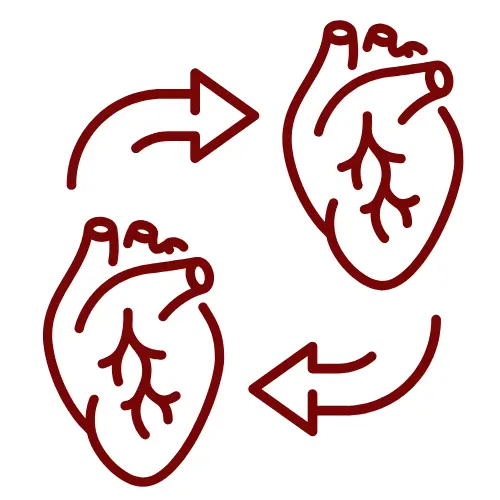Cerebral Blood Flow and Metabolism
Cerebral blood flow and metabolism are required to keep the brain’s function intact, healthy, and responsive. The human brain represents just 2% of total body weight but utilizes around 20% of body oxygenation and energy when at rest. High dependency on an uninterrupted supply of oxygen and glucose, both carried to the brain via cerebral blood flow, depends dynamically on its metabolic need. Such interference in this flow in conditions like stroke or traumatic brain injury leads to immediate damage of cells and loss of neurological function.
Multiple mechanisms regulate cerebral blood flow to ensure there is adequate perfusion. Some of these mechanisms include autoregulation, neurovascular coupling, and chemical control. Autoregulation allows the brain to maintain stable blood flow even at a range of blood pressures, so neither high blood pressure nor hypotension significantly disrupts cerebral perfusion. In contrast, neurovascular coupling regulates blood flow based on local neural activity; that is, blood flow is supplied to areas of activity as needed. Other fluctuations in CO₂ levels also impact the dilation of blood vessels. High levels of CO₂ cause vasodilation to increase blood flow, whereas low levels result in vasoconstriction.
The brain’s metabolic needs are met primarily by the oxidative metabolism of glucose, but it can use lactate and ketone bodies when glucose is scarce. Disruptions in this metabolism, as seen in neurodegenerative diseases or ischemic strokes, lead to energy deficits and accumulation of toxic metabolites, triggering cell death pathways. Recent advances in scanning technologies, for example, through PET and fMRI, allow scientists to directly evaluate cerebral blood flow and brain metabolism over time, making both possible diagnoses and scientific study processes.
Understanding the complexities of cerebral blood flow and metabolism is essential to develop treatments for stroke, dementia, and other neurological disorders; improve outcomes in acute brain injury patients; and save lives. Insights into the processes are opening up possibilities for targeted therapies to prevent cerebral dysfunction and foster recovery in affected individuals.
Get In Touch
Other Sessions
Related Topics
- International Conference on Cerebral Blood Flow and Metabolism
- Cerebral Blood Flow and Metabolism Virtual Conferences
- Cerebral Blood Flow and Metabolism Webinars
- Cerebral Blood Flow and Metabolism Congress 2025
- Cerebral Blood Flow and Metabolism Congress 2025
- Cerebral Blood Flow and Metabolism Conference
- Cerebral Blood Flow and Metabolism Events
- Global Conference on Cerebral Blood Flow and Metabolism
- International Conference on Cerebral Blood Flow and Metabolism
- Cerebral Blood Flow and Metabolism Conferences 2025
- Cerebral Blood Flow and Metabolism Conferences
- Cerebral Blood Flow and Metabolism Conference 2025
- Cerebral Blood Flow and Metabolism Congress
- Cerebral Blood Flow and Metabolism Meetings
- Cerebral Blood Flow and Metabolism Workshops
- Cerebral Blood Flow and Metabolism Virtual Conferences

